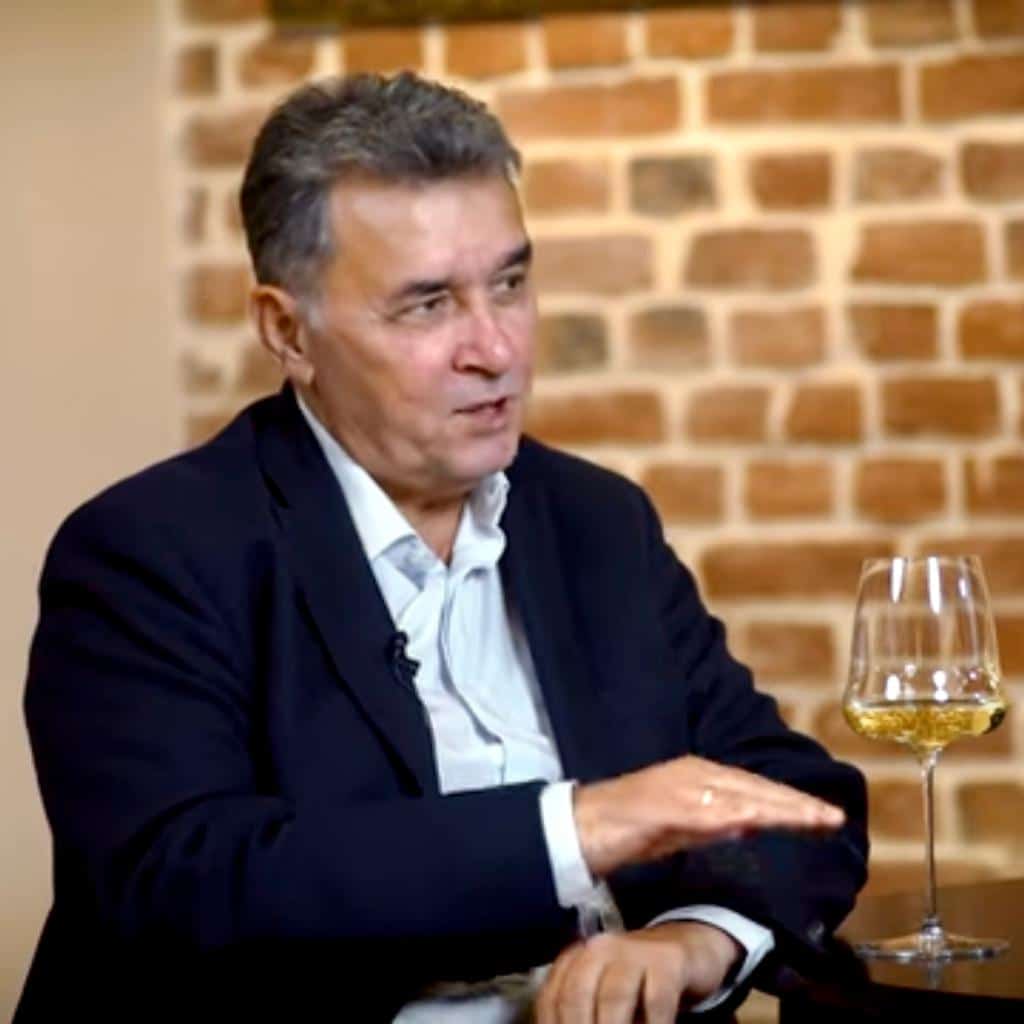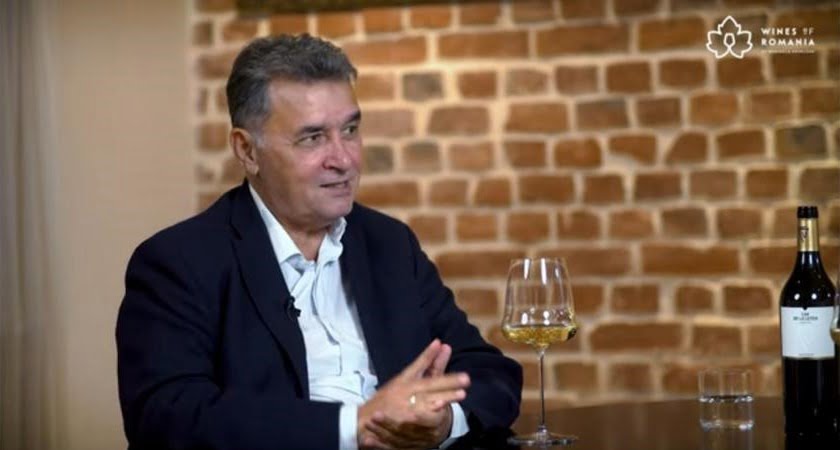Despite the lack of time, you are very active on social networks. Is it still topical to promote wine in these media?
I do not communicate on social networks to promote wine, although I usually say that I advertise on the face. It is normal, if you associate me with my wines, there is also a component perceived as advertising, but it is a legitimate one, it is an advertisement in the sense of communication. The reason I’m active on networks is because I want to contribute to the development of the wine world, to what I call the wine ecosystem. A world with many voices, more or less objective. Some, like me, advertise on the face – that is, if I put a picture with a bottle of Horses from Letea, everyone says it’s the advertisement on the face. But there are some who have nothing to do with bottle X, but put the picture, they explain how good the wine is or is not, but they are under contract with the one who imports or produces that wine and sometimes this thing is not ok. Sometimes it’s ok, maybe people say their honest opinion about that wine. But most of the time, the opinion is also influenced by the commitment they have.
It "rounds" the chronicle…
And, unfortunately, there are also toxic characters who try to intimidate other participants in this ecosystem, some of them being people with good intentions, but without substantial knowledge. Such as the case of a tour guide who takes a group to Dealu Mare, where he tells people how to do it there come from the time of Burebista. Then people take him out of the wine and chop him, and kill him and explain on Facebook how stupid he is and so on. For me, that’s a very bad thing. Any such man, who tries to promote wine, no matter how skilled or slouch he is, should have a little support. You can take it, explain it, teach it, educate it, but there are these toxic characters – well, many of them have blocked me, because I’ve attacked their quality as a guru they assume – and they can’t help but put that guy up against the wall.
Going back, that’s what I’m active for, for the development of this ecosystem. I see myself as a few thousand people, maybe 10,000 on the groups dedicated to wine, and that means zero comma something per cent and the world of wine. So it’s not necessarily a channel where you want to promote your products, but maybe you want to know certain things about how wine is made, for example. Because there are many people here who want to teach professionals how to make wine or who give their opinion why it is a wine in one way and not in another. That they used I don’t know what barrel, that they put some leaks from I don’t know what pools – and these guys have nothing to do with wine. That’s why, when you join a specialized group, such as Oenology, you no longer have the presumption of unknowing, of amateur, you are supposed to be a connoisseur because you got involved between specialists, it is a place where you speak in technical terms, in professional jargon. And then you assume to charge one more over your mouth if you cut the crap. Personally, I no longer get involved in dialogues with people, or only in very few, with certain people. I want to send a message, usually, and they read, comment – I involve much less now in the comments.
You had a kind of communication "campaign" during the pandemic, regarding the representation of Romanian wine outside the country. Reducing the subject in actuality, what does the Romanian wine lack on the local and international market?
Contrary to the general opinion of the wine industry, I do not consider that the state is to blame for the lack of this country brand, both domestically and internationally, although locally it cannot be said that there is no country brand at all. At the international level, I think the main players are to blame. Why? Because the big players, let’s say the five biggest wine producers, aren’t interested in working with the little players, so to speak. Somehow on the principle of "we can handle it anyway" – although, apart from Recas, it has no relevant activity in exports, at least compared to the role on the local market. That would be the main shortcoming.
Nothing will happen until these associations of producers do activities in common, that is, the constant development of the country brand – and that deceives multiple activities, not just going to a fair, it means having shares every day of the year, in almost every relevant country as an export destination. things have to happen. And they don’t happen. The mere presence on the shelf of a store – of course, it’s more than nothing – but it only ensures the sale of a wine, usually very cheap, which leaves you with a euro or 1.5 euros, and there is not on a visible shelf, it is on the bottom shelf, or maybe too high, depends on the store. I mean, you can break into this market by price, and that’s what the big players do.
In the absence of great players, what are the chances of success of existing associations?
In Romania, I believe that there is only one association that begins, at all, to function – dealu mare association. Some of the associations are just out of shape, that they have to exist. In the near future, I don’t see any great chance of success for large associations. If we talk about the big ones, the biggest one is ONIV, which fulfills a very important function, and things are done relatively well but, unfortunately, it is more of a one-man-show. That is, what ONIV has to do for the members, as an association of producers, namely lobbying, does well, but Claudiu Necsulescu can not do everything alone, ONIV must become a kind of corporation – participatory, responsible, with program, with rules, to have a management and so on. The problem is in the executive area – someone has to do all this stuff, not one man, who still has so much to do, to dedicate himself entirely to this institution. You don’t need a man, but a lot of people, a team.
There is also, of course, the association led by Mrs. Rodica Capatina, Premium Wines of Romania, which is active, not at the level of a geographical area, but bringing together the small wine cellars in Romania. I find meritorious the activity of this association, in the sense that it really does something, represents Romania at a quality standard that does not compare with what we have seen in the past, I mean events organized through the ministry or associations of APEV type. If we do not get rid of this meteahna, to wait for the state to make for us, we will get to those fairs where pictures are put to promote Romania – we will put pictures of wine.
And then who is responsible?
Promoting individual brands can be the responsibility of each manufacturer, but the country brand must be a collective effort. The reason why we can only sell wines of 1 – 1.5 euros is that we have no country brand, no strong individual brands. We, since we started the Ways from Letea, I don’t think we can count 20 days in which we did absolutely nothing. There was always something, somewhere. Every day of the year, every year, Saturdays and Sundays, in one place or more in the country, we do something. To communicate, to show, to taste, to see and to hear the brand. How could we go to Germany or the UK and say "here’s this bottle of Horses from Letea", and they could think that their luck hit them, that they finally have a bottle of this. If you don’t do things right, you end up with wine in the "commodity" area, the basic good, on a market where supply and demand are generally balanced by price. And you go with the price at which it sells. How much can it be? One euro, 1.20, 1.50, 0.9… Ah, that there is Recas, who can make a business out of it… of course there is a business of "commodities". Some sell iron ore, others oil or coal. There are businesses that can be profitable but, as a brand, it’s one thing to sell wine for 3.5-4 euros, another is 1.5. In a bottle of quality, first of all, you put a quality wine, although there are some who make good wines here, sell them for 10 euros in the country, then sell for 1.5 euros outside everything they could not sell locally. This strategy is not correct either, because it is not fair to the one who paid 10 euros.
How do you relate – on a personal level – to the end customer? If at the table next door, in a restaurant, someone orders a bottle of yours, and also praises it, or attracts the attention of another not to put water, that it is good wine – will it fill the soul, will it cause a smile of satisfaction?
Absolutely! It happened to me just last night. We went to Mesogios, at our table were ordered some wines, someone from the table next door ordered a Chardonnay Scentico. Obviously, I enjoyed it, I enjoy it every time someone enjoys a wine of ours. I don’t talk, of course, except very rarely, more in the places where I know people, where I go more frequently. I think that any producer has this satisfaction and wants with all his heart that the man to be satisfied, to like it, to buy another time, but first of all to enjoy it.

Is he still drinking with joy in Romania? Or do we drink just to put ourselves in our heads?
Well, those who drink to put themselves in the head are of several categories. There are some who enjoy the put in the head, there are others who have preferences, they know clearly what they want to put in their heads … We have, for example, at Aligote, the reputation of long-distance wine. A dry wine, relatively easy, not bombastic from an aromatic point of view – in the Eastern part of Romania, and especially in the Delta, there is no question of going to eat a fish without having an Aligote next to you. You can’t drink an Ottonel Muscat at a carp brine… So even among those who drink to put themselves in the head there are people with tastes and preferences. And there are many who drink for pleasure, we have meditation wines and we have people who sit with a quarter of a glass and think about it, enjoy it. We also have suitable wines for these customers, such as Aligote Princeps, Petit Verdot or Feteasca Neagra Epiphanie.
If it came to these special wines – in what varieties do you put your hope for Sarica Niculitel?
The main varieties are those known, and I’m not just talking about Sarica, but about Dobrogea, about the three vineyards we have there – Aligote, Feteasca Neagra and Babeasca Neagra.
There weren’t many Black Babesti to challenge a fashion in Romania…
Dobrogea even has a tradition with Babeasca Neagra. Unfortunately, the largest plantation of Babeasca there belonged for a long time to Murfatlarului, we managed to buy it but, also unfortunately, most of it was irrecoverable. We started a reconversion program, we keep something from the old plantation, but a little… We have a plantation in year 4 now, we have the old plantations, which are now 70-80 years old. At Piatra Ostrov we have more Feteasca Neagra, there is a very favorable terroir for this variety as it feels in Epiphanie.
Apart from these three varieties, a grape in which we put a lot of hope is Syrah, which we have used so far successfully in roses. Also, I think it fits very well in Dobrogea and Pinot Noir – which has a structure similar to Babeasca Neagra, does not look olfactory, obviously, but that the structure are similar. This year we will first produce Babeasca wineed in red, for now we have only one rose frizzante of this variety.
As a sales strategy…
Until now I was selling everything that I didn’t like as bulk wine. We no longer sell a bit of bulk, and even we have become some of the largest buyers of wine in the country. We will gradually give up, but quite quickly, the cheap ranges and we will focus on the upper mainstream area, wines of 20-25 lei bottle, on the shelf, of about 35 lei, such as the Horses from Letea, Volume I, or 50 lei, such as Volume II.
Aren’t you afraid of the disappearance of the middle class, to whom these wines would be addressed?
Not. Or not yet. In our country, after six years of branding, the growth in the premium segment is still spectacular. We are, according to the figures, the company with the highest growth in this segment. There’s a big competition, but we keep our pace.



